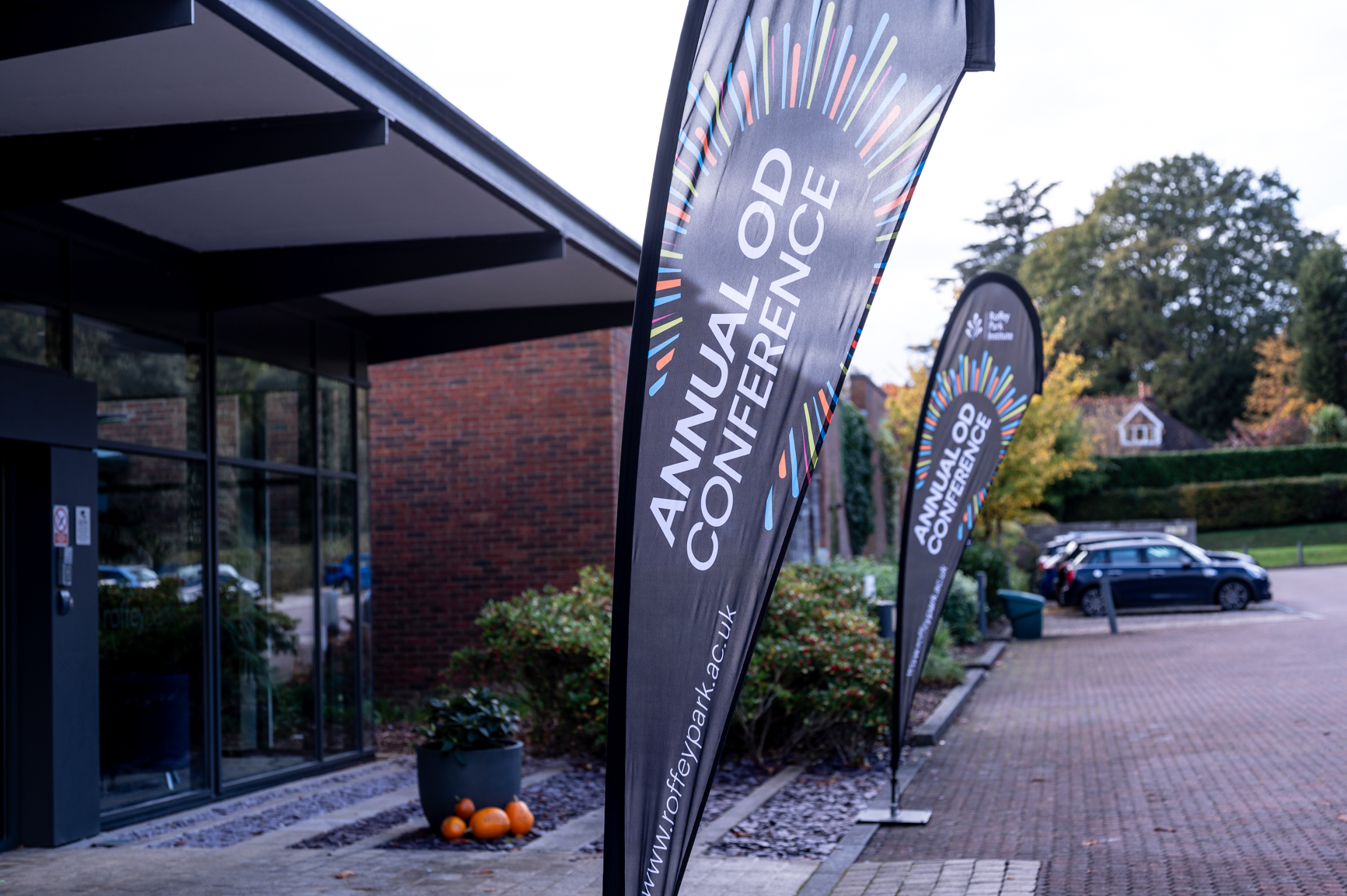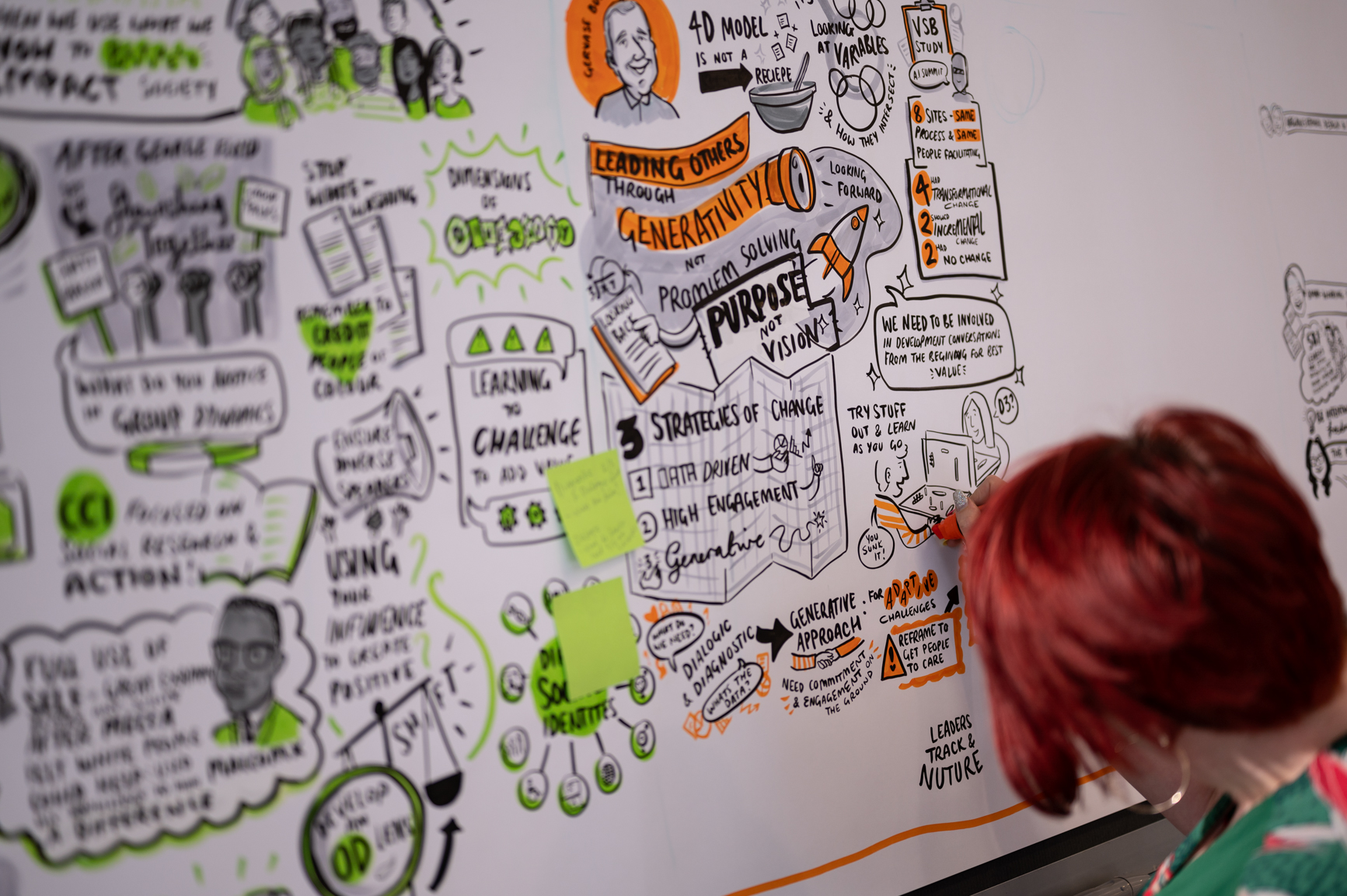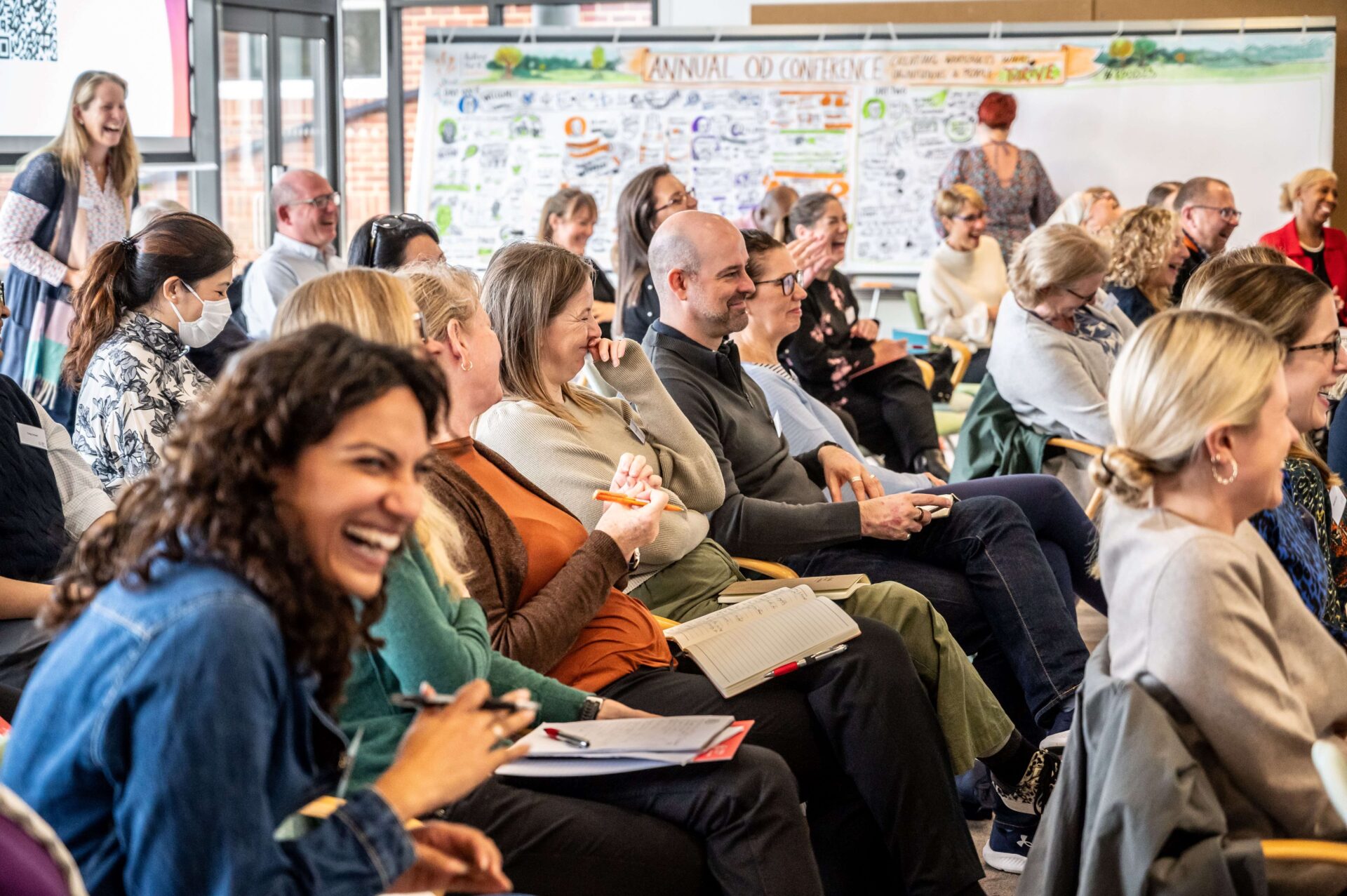Compared to the workplace of 50 years ago, today’s work environment is characterised by rapid technological advancements and a heightened awareness of emotional well-being. Employees have become increasingly vocal about their emotional needs, and as a result, work-life balance and an engaging workplace culture have emerged as critical components of people management strategies. However, modern teams are now looking beyond superficial perks such as complimentary fruit bowls, mindful spaces, and gym memberships. Employees are seeking something more profound—a sense of purpose.
The significance of purpose is well-established outside the workplace, often highlighted in frameworks such as Maslow’s hierarchy of needs, where it occupies the pinnacle of self-actualisation. Purpose is also recognised as one of the six dimensions of health, alongside physical, mental, social, environmental, and emotional well-being. Given this, it is unsurprising that the importance of purpose extends into our professional lives. A study by Deloitte found that 73% of employees working in “purpose-driven” companies are engaged, compared to just 23% in companies without a clear purpose.
Purpose has become a transformative force reshaping the modern workplace. But what does it truly mean to be a purpose-driven organisation? How can we ensure that our strategy, processes, people, and structures align with and reflect our purpose? Most importantly, how do we effectively communicate our purpose with clarity?
Defining Organisational Purpose: The Why That Drives Us
At its core, purpose is the reason an organisation exists beyond profit. It’s the “why” that motivates action and decision-making, the fundamental belief that guides every aspect of the business. Purpose is not to be confused with vision, which is the aspirational future the organisation seeks to create, nor with mission, which describes what the organisation does. Purpose is the deeper meaning that connects employees, customers, and stakeholders on an emotional and ethical level.
However, defining purpose can be challenging. Organisations often struggle with identifying a purpose that is both authentic and powerful enough to guide strategy. The risk is that purpose becomes a hollow statement—well-intentioned but disconnected from the realities of day-to-day business. To truly future-proof an organisation, the purpose must be clear, compelling, and harmonious across all levels of the organisation.
This September, we are partnering with Sanctus Group, to host a Business Breakfast featuring a panel of seasoned HR leaders to discuss these very questions. Sanctus are experts in coaching and enabling purpose within organisations. The panel will engage in an open forum discussion on purpose, focusing on its definition and how a purpose-aligned strategy can be utilised to build trust, align teams and drive performance. We are proud to announce that Kerry Coxon, our Director of People and Organisational Development, will be among the distinguished contributors to this conversation.
Kerry shared her perspective: “Throughout my career, purpose has consistently been the golden thread linking all aspects of organisational culture and development. It significantly impacts not only the health of an organisation but also our well-being as individuals. Despite its importance, purpose is often difficult to define, implement, and communicate effectively. Many organisations believe they have a purpose, but in reality, it often aligns more with a mission or vision statement. I am thrilled to join the panel at the upcoming Business Breakfast to explore this increasingly vital subject.”
Do you know your purpose—or that of your organisation? Join Kerry and other HR professionals for this insightful discussion on Wednesday, September 25th, at The Ivy Club in Covent Garden. Find out more and register here.





